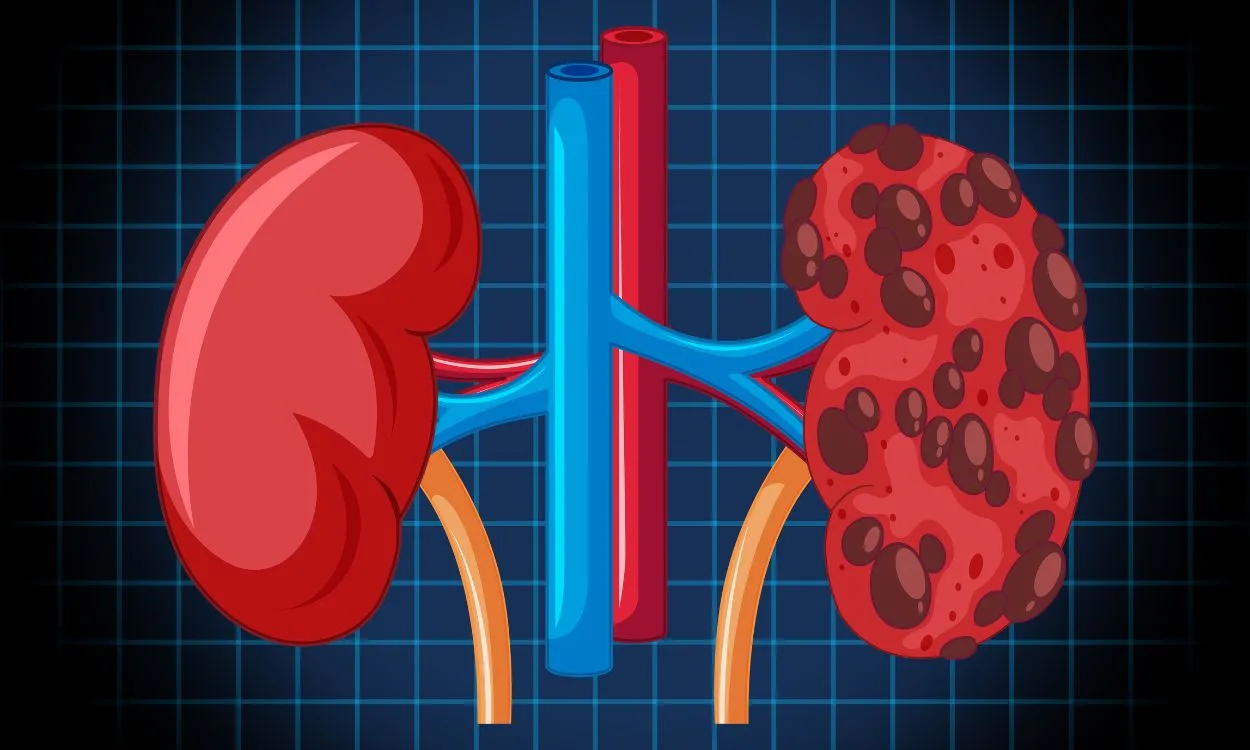Can diabetes damage the kidneys?
Diabetes is a chronic condition that affects the body’s ability to regulate blood sugar levels. Over time, high blood sugar levels can cause damage to various organs and systems in the body, including the kidneys. In fact, diabetes is one of the leading causes of kidney disease.
How does diabetes affect the kidneys?
The kidneys play a vital role in filtering waste products, excess fluids, and toxins from the blood. They also help regulate blood pressure and maintain the balance of electrolytes in the body. However, when blood sugar levels are consistently high, it can put a strain on the kidneys and lead to various complications.
- Diabetic nephropathy: High blood sugar levels can damage the blood vessels and tiny filters in the kidneys, causing a condition called diabetic nephropathy. This condition is characterized by the presence of protein in the urine, known as albuminuria. As the disease progresses, the kidneys may become less efficient at filtering waste products, leading to a buildup of toxins in the body.
- Increased risk of kidney disease: People with diabetes are at an increased risk of developing kidney disease, also known as diabetic kidney disease or diabetic nephropathy. If left untreated or uncontrolled, diabetic kidney disease can progress to end-stage renal disease (ESRD), requiring dialysis or a kidney transplant.
- Hypertension: Diabetes and high blood pressure often go hand in hand. Having both conditions can further damage the blood vessels in the kidneys and increase the risk of kidney disease. It’s important for people with diabetes to closely monitor and manage their blood pressure levels to protect their kidneys.
How to protect your kidneys if you have diabetes?
If you have diabetes, it’s crucial to take steps to protect your kidneys and prevent or manage kidney disease. Here are some strategies you can follow:
- Manage your blood sugar levels: Keeping your blood sugar levels within the target range recommended by your healthcare team is essential. This can help prevent or slow down the progression of kidney damage. Monitor your blood sugar regularly, take medications as prescribed, and follow a healthy diet and exercise routine.
- Control your blood pressure: High blood pressure can further damage the kidneys in people with diabetes. Monitor your blood pressure regularly and work with your healthcare provider to keep it under control. This may involve lifestyle modifications, such as following a low-sodium diet, regular exercise, and taking prescribed medications.
- Follow a healthy diet: A well-balanced diet can help manage both diabetes and kidney health. Focus on consuming a variety of nutrient-rich foods, including fruits, vegetables, whole grains, lean proteins, and healthy fats. Limit your intake of processed foods, sugary drinks, and foods high in saturated fats and sodium.
- Stay active: Regular physical activity can help improve insulin sensitivity, control blood sugar levels, maintain a healthy weight, and promote overall cardiovascular health. Aim for at least 150 minutes of moderate-intensity aerobic activity, such as brisk walking, per week. Consult with your healthcare provider before starting any exercise routine.
- Quit smoking: Smoking can worsen kidney damage and increase the risk of kidney disease in people with diabetes. If you smoke, seek support to quit smoking and avoid exposure to secondhand smoke.
- Attend regular check-ups: Regular check-ups with your healthcare provider are essential for monitoring kidney function and overall health. They can perform blood and urine tests to assess kidney function and detect any signs of kidney damage early on.
Fitpaa – Your partner in achieving and maintaining optimal health
If you’re looking for comprehensive support in managing your diabetes and overall health, Fitpaa is here to help. With our AI-driven metabolism monitoring and management technology, we provide personalized solutions to help you achieve your health and fitness goals.
Fitpaa’s approach combines the latest research in lifestyle medicine and behavioral therapy to strengthen all 11 organ systems, including the kidneys. Our expert team of fitness coaches, nutritionists, and doctors work together to develop your personalized Fitpaa Capsule, which includes medical therapy, exercise therapy, nutrition therapy, and cognitive behavioral therapy. This holistic approach optimizes your metabolism, helping you achieve your health and fitness goals with a 100 percent guarantee.
The Fitpaa app makes it easy to follow your Fitpaa Capsule by providing tools like a virtual workout trainer, diet tracker, performance tracking, and progress tracking. Our real-time guidance technology keeps you motivated and inspired throughout the day, releasing hormones that help you stay in a great state and take necessary actions to get the desired results.
Your journey to optimal health and kidney protection starts with Fitpaa. Download the Fitpaa app today and experience the joy of achieving your health and fitness goals with guaranteed results. Remember, your wellbeing is our mission, and we are here to support you every step of the way.









